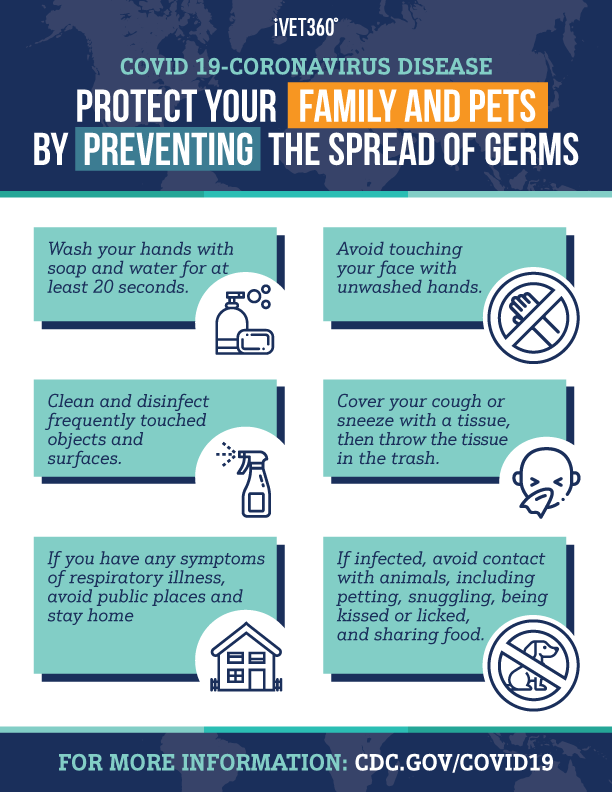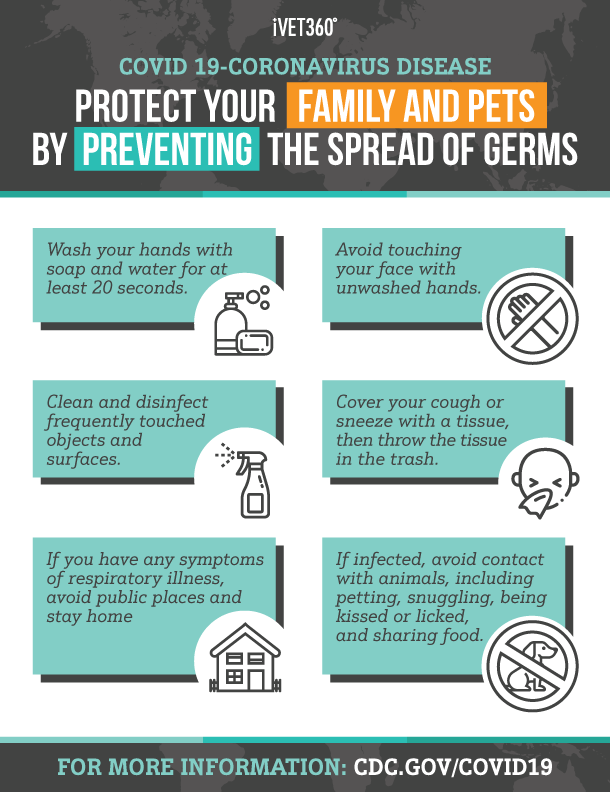
Month: March 2020

The U.S. Food and Drug Administration (FDA) recognizes that the need for personal protective equipment (PPE), such as surgical masks, surgical and isolation gowns, and surgical suits, may outpace the supply available to healthcare organization during the Coronavirus Disease 2019 (COVID-19) outbreak.
The following conservation strategies for use by healthcare organizations and personnel are categorized for a range of needs and supply levels and are intended to assist healthcare organizations as they determine operating procedures during the COVID-19 outbreak. These strategies do not cover N95 respirators and are not limited to use in the care of patients infected with COVID-19. The FDA’s recommendations are intended to augment, and not intended to replace, specific controls and procedures developed by healthcare organizations, the Centers for Disease Control and Prevention (CDC), or CDC’s Healthcare Infection Control Practices Advisory Committee (HICPAC) to aid in infection prevention and control.
What you need to know about coronavirus to protect your family and your pet
Obviously, many pet parents are concerned about the spread of coronavirus, also known as COVID-19, and how to protect their families and their pets. The good news is that at this time, the U.S. Centers for Disease Control and Prevention (CDC) and the World Health Organization (WHO) say there is no evidence that companion animals, including pets, can spread COVID-19. Nor is there currently any evidence that we can transmit the virus to them. However, as information about this virus is still developing, there are precautions you should take to protect your family and pets, including:
- WASH YOUR HANDS – use soap and water for at least 20 seconds, and especially after coughing, sneezing, contact with others or with animals. If soap and water are not available, use hand sanitizer.
- Avoid touching your face with unwashed hands.
- If you have any symptoms of respiratory illness, stay home and restrict your contact with your companion animals
- Those infected with COVID-19 should avoid contact with animals, including petting, snuggling, being kissed or licked, and sharing food.
- Know the symptoms – they are similar to influenza fever, cough, and shortness of breath.
We are actively monitoring developments related to animals and the virus, and you can find the latest updated information about COVID-19 as it relates to pets on the AVMA’s coronavirus page. You are also welcome to give us a call with your questions at [HOSPITAL TEL NUMBER].
With coronavirus, or COVID-19, dominating the headlines, you might be wondering, “How does this affect me and my pet?” The truth is, there is still a great deal we don’t know about this novel virus. Its origin is still under investigation, and whether pets can actually contract it is still a matter of debate. (There was a case in Hong Kong of a weak positive test in a dog, but, according to numerous news sources, pets can carry but are not susceptible to the disease.)
Now that cases of COVID-19 are being reported in the U.S., the main objective is to prevent the disease’s spread, and there are several steps you can take to minimize its impact on your family. Our advice to our pet parent clients is very similar to that of what your primary physician might recommend and follows closely the guidelines put forth by the Center for Disease Control and Prevention:
- Wash your hands often and thoroughly, particularly after touching animals.
- If at all possible, avoid people who are displaying symptoms of COVID-19. These include coughing, sneezing, and trouble breathing.
- If you’re sick, stay home, and try to avoid close contact with your pet while you’re symptomatic.
- Stock up on your pet’s medication. As the disease progresses around the globe, pharmaceuticals might be hard to come by. And in the event of a home quarantine situation, you don’t want to run out.
- Skip the face masks. They don’t really protect you from the virus, and it’s crucial that protective gear is reserved for people who really need it, like healthcare workers who regularly come in direct contact with the sick.
Bottom line? Plan ahead, be responsible and don’t panic. If you’d like more information about COVID-19 and pets, check out this article from the American Medical Veterinary Association. And you’re always welcome to contact us [HOSPITAL NAME & PHONE] with questions or concerns.
Coronavirus is all over the headlines. You might be wondering, “What are some things I can do as a pet parent to prepare for a possible outbreak?” The answers are pretty simple: wash your hands, stay home if you’re sick, stock up on your pet’s meds, and skip the face masks. (Those should be reserved for healthcare workers.) Oh, and pets might be able to carry the virus, but so far the evidence shows they don’t actually get the disease, nor can they pass it to you or other members of your human family. Questions? Call us at [HOSPITAL PHONE NUMBER.]
There is much to learn about the novel coronavirus that causes coronavirus disease 2019 (COVID-19). Based on what is currently known about the virus, spread from person-to-person happens most frequently among close contacts (within about 6 feet). This type of transmission occurs via respiratory droplets. The transmission of novel coronavirus to persons from surfaces contaminated with the virus has not been documented. Transmission of coronavirus, in general, occurs much more commonly through respiratory droplets than through fomites. Current evidence suggests that novel coronavirus may remain viable for hours to days on surfaces made from a variety of materials. Cleaning of visibly dirty surfaces followed by disinfection is a best practice measure for the prevention of COVID-19 and other viral respiratory illnesses in community settings.
Track confirmed cases of COVID-19 around the globe with Bing.


Health officials across the U.S. and all over the world are on high alert due to COVID-19, a disease that causes flu-like symptoms in people, including mild to severe respiratory illness with fever, cough, and difficulty breathing. Veterinary professionals are receiving questions from their clients and their teams, and the AVMA is pleased to be able to provide credible information and resources to assist with responses to those questions.
To ensure the resources we provide you are as accurate and up-to-date as possible in this continuously evolving environment, the AVMA is in regular contact with CDC, FDA, and USDA; other state, national, and international veterinary and public health expert groups; and intergovernmental organizations (such as the WHO and OIE) to learn the latest developments and their potential impacts on veterinarians, patients, and clients.
